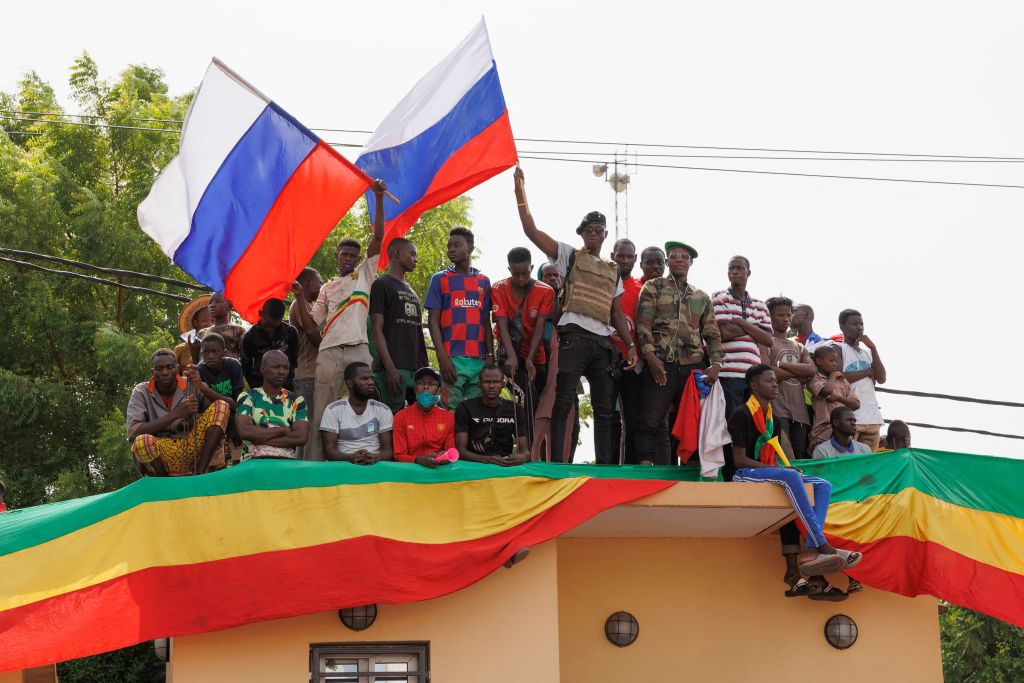
Planet A
In an unprecedented development in climate litigation, German judges and court-appointed experts travelled to Huaraz in Peru last week to assess whether a German energy provider can be liable for damage to the city caused by anthropogenic climate change.
RWE, headquartered in Essen, is Europe’s largest emitter of greenhouse gas due to its long-term use of brown coal. Significantly, RWE operates throughout South America but not in Peru. Nevertheless, judges from a regional court in Germany’s northwest elected to hear the case of Peruvian farmer Saúl Luciano Lliuya, even after a court in Essen declined to consider his suit.
Lliuya asserts that RWE is contributing to the atmospheric warming melting Peru’s Palcacocha glacier rapidly, magnifying risks of outburst flooding and deadly landslides inundating the city of Huaraz. Should Lliuya’s suit succeed in holding RWE liable for disaster preparedness costs, it would represent a landmark precedent in civil courts’ imposition of penalties upon corporate emitters. Increasing emitters’ financial risk may accelerate the private sector’s shift towards renewable energy.
Democracy watch
British Prime Minister Boris Johnson revised the ministerial code ahead of the so-called Partygate inquiry which will assess his complicity in misleading parliament over parties held at Downing Street during the UK’s Covid-19 lockdowns. Previously, the code would trigger resignation for breaches but the revised sanctions enable guilty ministers to issue public apologies or temporarily forgo renumeration as alternative penalties. Johnson’s resistance to calls for his resignation is only the latest in a series of actions throughout his tenure to circumnavigate breaches to public officer principles.
In 2019, the PM suspended parliament, hindering debate and opposition to the UK’s decision to leave the EU. This year, Conservatives introduced a law that limited the power of courts to overrule ministers’ decisions via judicial review, proposed to replace the Human Rights Act with a bill of rights which NGOs warn will embolden autocrats overseas and undercut democratic institutions in the UK. The government also criminalised political protests that are disruptive but peaceful. These measures have raised concerns for a nation that considers itself a leader in the democratic world.
Information operations
Ukraine is widely seen in the West to be winning the information war since Russia’s invasion. However, a recent report shows ‘paid to engage’ networks are being utilised to amplify Russian ideology throughout Asia and Africa. The report author argues that claims of a Ukrainian information victory may be premature and may blind Western analysts to other information battlegrounds where emerging technologies like deepfakes and failed containment of propaganda on social media are propagating misinformation and disinformation.
The creative utilisation of social media and emerging technologies in non-Western states have opened an opportunity for pro-invasion, pro-Russian influence campaigns. Genuine sympathy for Russia among the other BRICS countries of Brazil, India, China and South Africa is paired with residual sentiment around Western hypocrisy, expansionism, anticolonialism and concerns about the consequences of the physical war in Ukraine.
This has prompted calls for the West to urgently build up its information operations capacity and to enact policies limiting the ability of networks to sell spam and retweets, and obliging social media platforms to curb disinformation.
Follow the money
Greece has advised its merchant navy to avoid sailing near Iranian waters after Iran seized two Greek oil tankers last Friday.
Iran says the move was retaliation for Athens’s facilitation of a US seizure of Iranian oil aboard the nominally Iranian-flagged Russian tanker, Lana, earlier in May. This tit-for-tat activity follows a 2019 example when Iran seized a British tanker after the UK’s detention of an Iranian tanker believed to be delivering oil to Syria in defiance of sanctions.
As an oil-exporting economy with decades of experience evading sanctions, Iran has been a useful partner in Russia’s efforts to circumvent Western sanctions since its invasion of Ukraine. Global oil markets have been spooked by the heightened tensions between Greece and Iran, given that more than a quarter of the world’s oil tankers are Greek owned and a fifth of global seaborne crude passes through the Persian Gulf—raising the prospect of further oil price hikes.
Terror byte
Last Thursday, the US Senate failed to pass the domestic terrorism prevention act amid the back-to-back mass shootings in Buffalo and Uvalde. The final vote was 47-47, falling far short of the 60 needed to overcome a Republican filibuster. The bill, which received little GOP support, passed the Democratic-led House in a party-line vote on 18 May.
The bill would have created offices at the Department of Homeland Security, the Department of Justice and the FBI focused on tackling domestic terrorism. It would have also required an interagency task force to assess and combat white supremacist and neo-Nazi threats within US uniformed services and federal law enforcement agencies. Republicans argued the bill could be misused based on ideology, and that it unfairly maligned police and servicemembers.
The failure to pass the bill highlights the deep divergence in the US over how to address domestic terrorism after the 6 January 2021 insurrection on Capitol Hill, paralysing the ability of the US government to act on this urgent national security threat.

